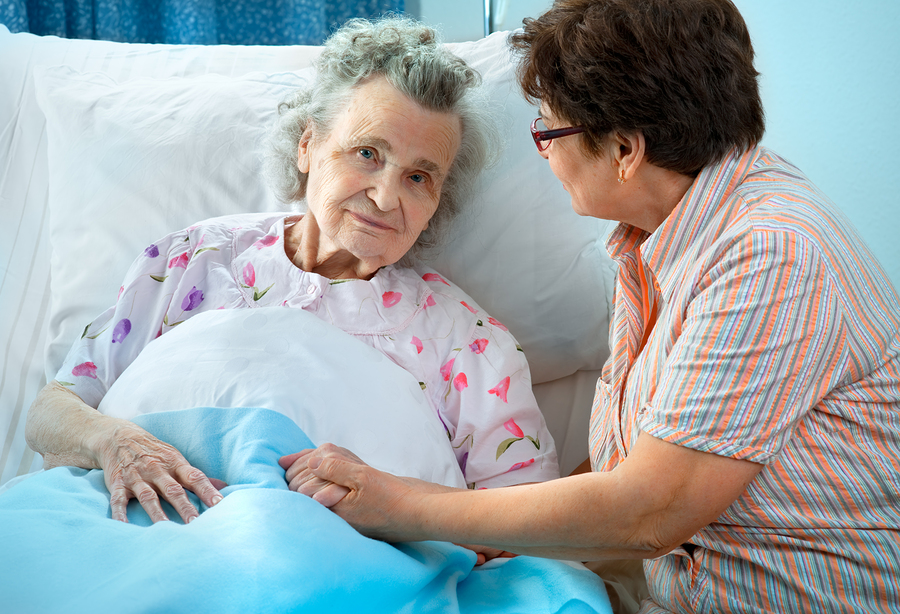Senior Home Care Tips to Prevent Bed Sores

There may be a lot of things you find you’re unaware of when it comes to caring for a senior. After all, this is new territory for you. You’ve spent most of your life as a child or an adult child whose mom or dad looked after you as a caregiver, and suddenly the roles reverse. Other times, you can’t be the caretaker you want because you live too far away, but you worry about your mom or dad aging in place. Both of these are common scenarios, leaving you in the dark about how to help or prevent things.
What Exactly is a Bed Sore?
A bedsore, a pressure ulcer, or a pressure sore, is a skin injury that occurs when constant pressure or friction damages the skin and underlying tissue. They often develop in areas where bones are close to the skin’s surface, such as the heels, hips, or tailbone. They can be a significant concern for seniors with limited mobility and are at risk of prolonged pressure on certain body parts.
Bed sores can be a common problem that seniors deal with, but you may not know how to bring it up or what to do when it happens. If your loved one is choosing to age in place and you aren’t around to help, or you feel like you need more help, it’s time to look into hiring senior home care for your loved one. These professionals will have more experience dealing with things like bed sores, know what to do when it happens, and may even be able to help prevent them.
Who is At Risk of Developing Bed Sores?
Individuals at risk of developing bed sores are typically those with limited mobility, such as those who are bedridden or who use wheelchairs, or those with medical conditions that affect circulation or sensation, like diabetes or paralysis. Seniors, especially those in long-term care facilities or hospitals, are particularly susceptible due to factors like frailty, immobility, and age-related skin changes, making it crucial to implement preventive measures in these populations.
How to Prevent Bed Sores
Here are some things that senior home care can help your senior loved one do to prevent bed sores from happening.
- Reposition Often- Your senior loved one may be bedridden or they have to stay in bed for longer than most. However, they should still be changing positions. If they need help with this task, this is something that senior home care can help them with.
- Get The Right Material- If your loved one is sleeping or sitting on the wrong material, they are more likely to get bed sores. Your loved one should be sleeping on foam mattresses that form to their bodies and provide support and comfort.
- Sleeping Down- Some people love to sleep with their heads up, but their heads should not be up more than 30 degrees because if they are too far up, it could cause them to slump while they sleep. This could cause them to run their skin or create other painful problems.
- Skincare- Often, seniors don’t know or can’t properly care for their skin anymore, which can cause bed sores too. Senior home care can help with proper skin care and even check for any problem areas before they get worse.
If you or an aging loved-one is considering Senior Home Care in Lake St. Louis, MO please contact the caring staff at Autumn Home Care, LLC today at 636-448-9347.
- Senior Home Care Tips to Prevent Bed Sores - November 3, 2023
- Understanding Personal Care at Home - October 19, 2023
- Home Care Assistance Tips for Long Distance Caregiving - October 2, 2023

